
Fishing boats sail near the Xinying port in Lingao County, Hainan Province. (Photo: China News Service/Luo Yunfei)
By Liu Shuling and Yang Chengchen from CNS
(CNS)-- Climate change is a severe challenge of common concern globally. At the 75th session of the United Nations General Assembly in September 2020, President Xi Jinping announced that China would aim to reach peak emissions before 2030 and achieve carbon neutrality before 2060.
On the other hand, climate-related issues have also become an important arena for Western countries to get a bigger say and agenda setting authority in global governance, and even to impose “green containment” on developing countries. How is the increasingly serious challenge of climate change viewed from the perspective of Chinese traditional culture? Why can the revival of humanistic spirit and complementation between eastern and western cultures help overcome and get rid of the self-alienation of human creativity? Mr. Lou Yulie, a famous scholar of the history of Chinese philosophy and professor at the Department of Philosophy and the Academy of Chinese Studies of Peking University, had an exclusive interview with the “W.E. Talk” of China News Service and gave us the answers.
CNS: The Chinese culture has always valued harmony between man and nature, and it has been our constant pursuit that man and nature could live in harmony with each other. So what is the view of nature in Chinese culture?
Lou Yulie: Chinese people attach great importance to the relationship between man and nature. It is a humanistic view of nature, which observes and understands nature from the relationship between man and nature. Everything in Chinese culture starts from man. It puts people first and emphasizes self-consciousness and self-discipline of man. It believes that only in this way can we deal with the relationship between man and nature well.
The idea that human beings are an integral part of nature took shape as a way of thinking in the pre-Qin period, especially during the Spring and Autumn and the Warring States period. It holds that man and nature are united as one. Human beings live in the whole natural environment and cannot be separated from the universe. This idea is actually about the relationship between the whole and the individual. This is of great significance.
A particular point is the relationship between man and heaven. Living between heaven and earth, man is different from ordinary things. First of all, in the pre-Qin period, many scholars, especially Xunzi in the late Warring States Period, clearly talked about the differences between man and other lives. He put forward the concept of “group”, that is, human beings are “social” lives and organized groups, which can control and dominate other lives. Second, human beings have righteousness. “Righteousness” means being able to distinguish between the right and the wrong, that is, righteousness is appropriateness. Human beings know what they should do and what they shouldn’t. The third point is more important, I believe: Man is the most highly endowed of all creatures with great initiative. Therefore, human activities play a role in the world that is very different from other lives.








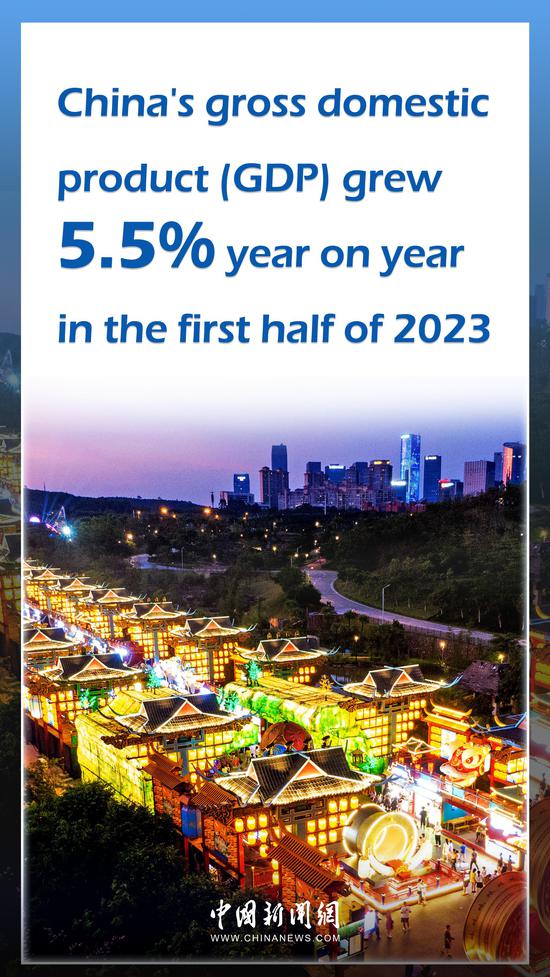
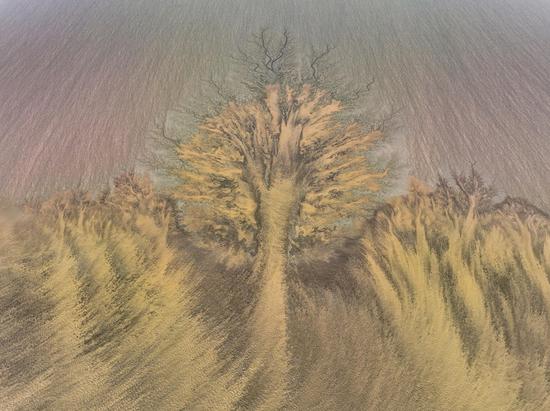

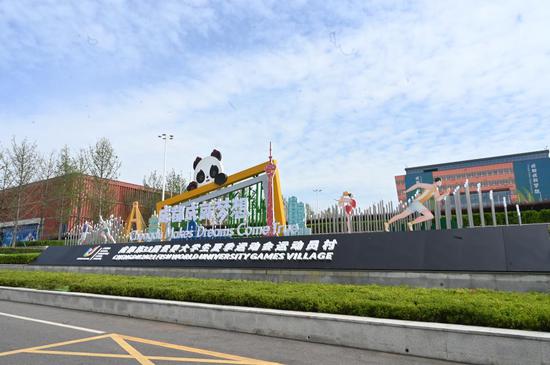





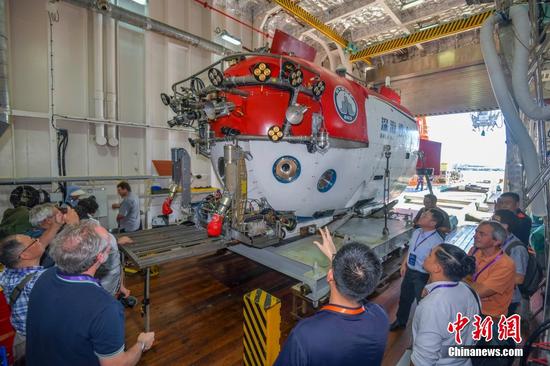

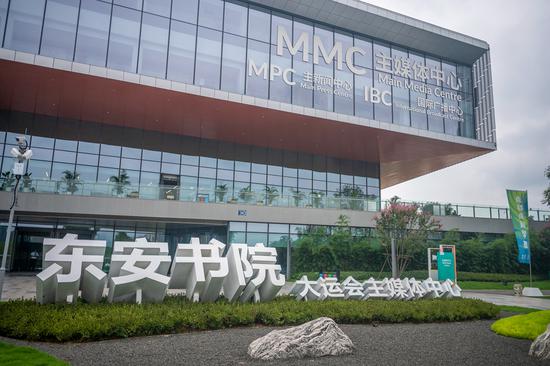

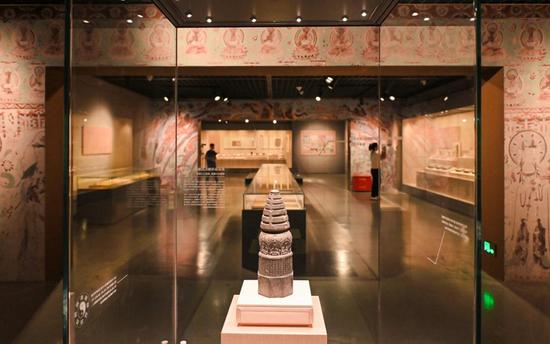


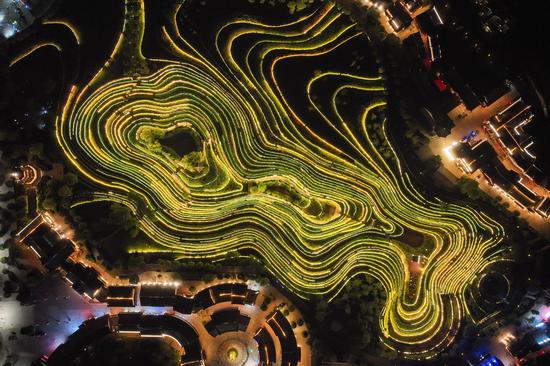

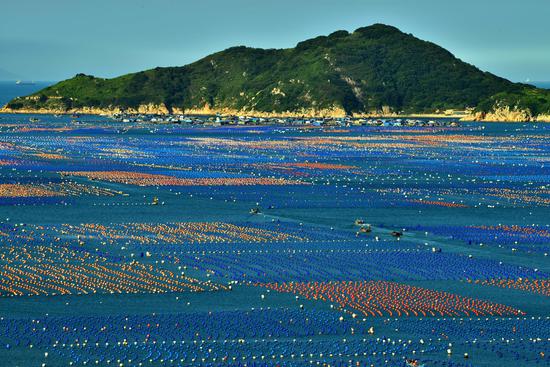
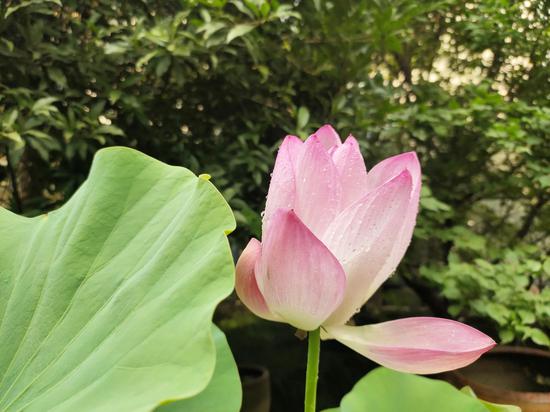
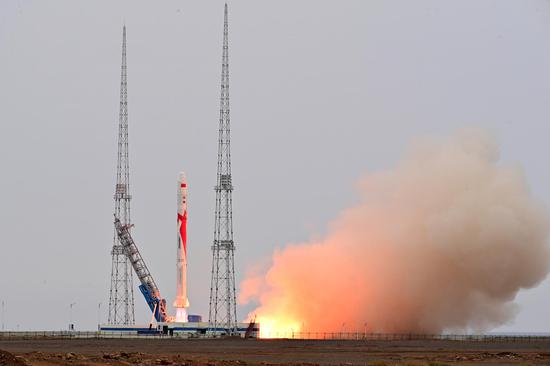


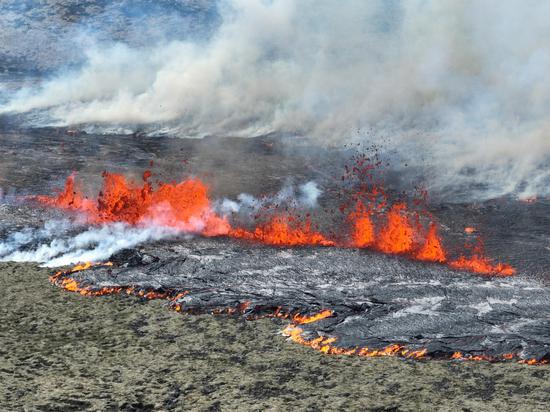
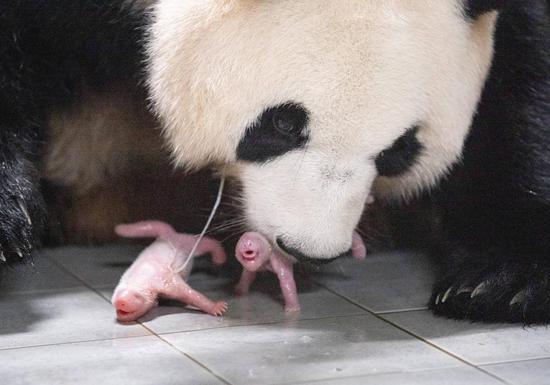


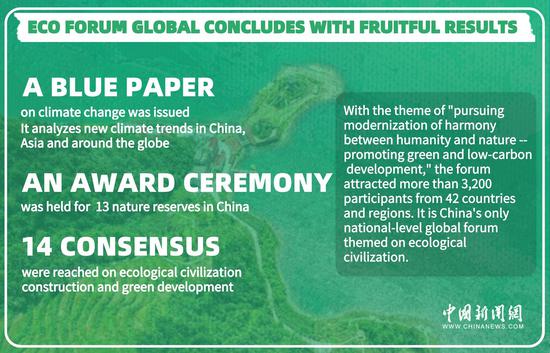




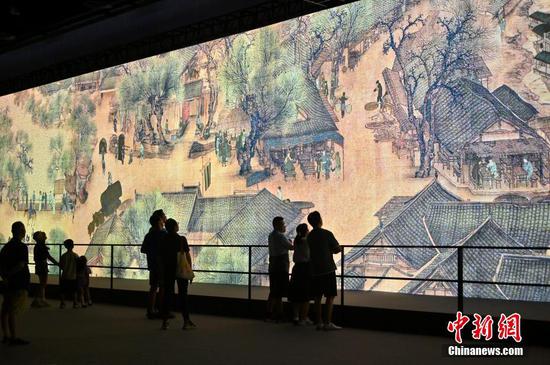

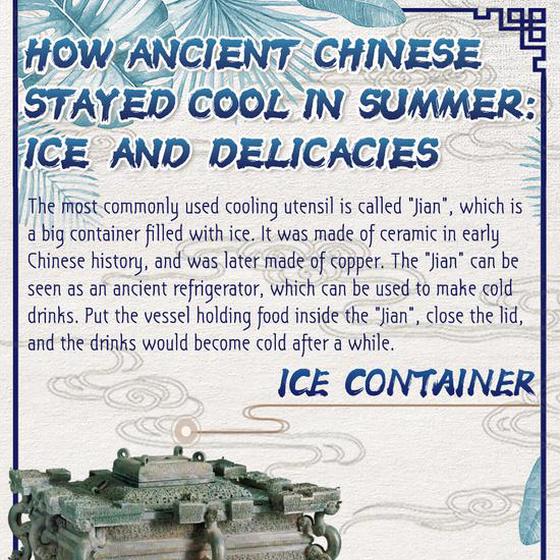
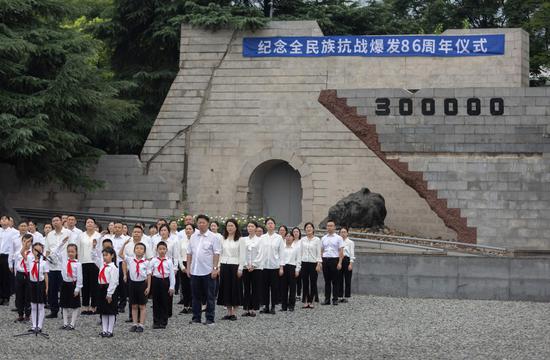
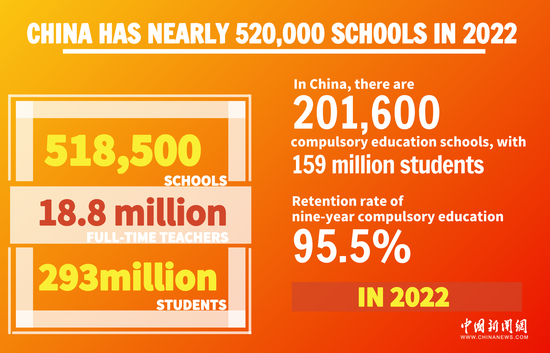





 京公網安備 11010202009201號
京公網安備 11010202009201號